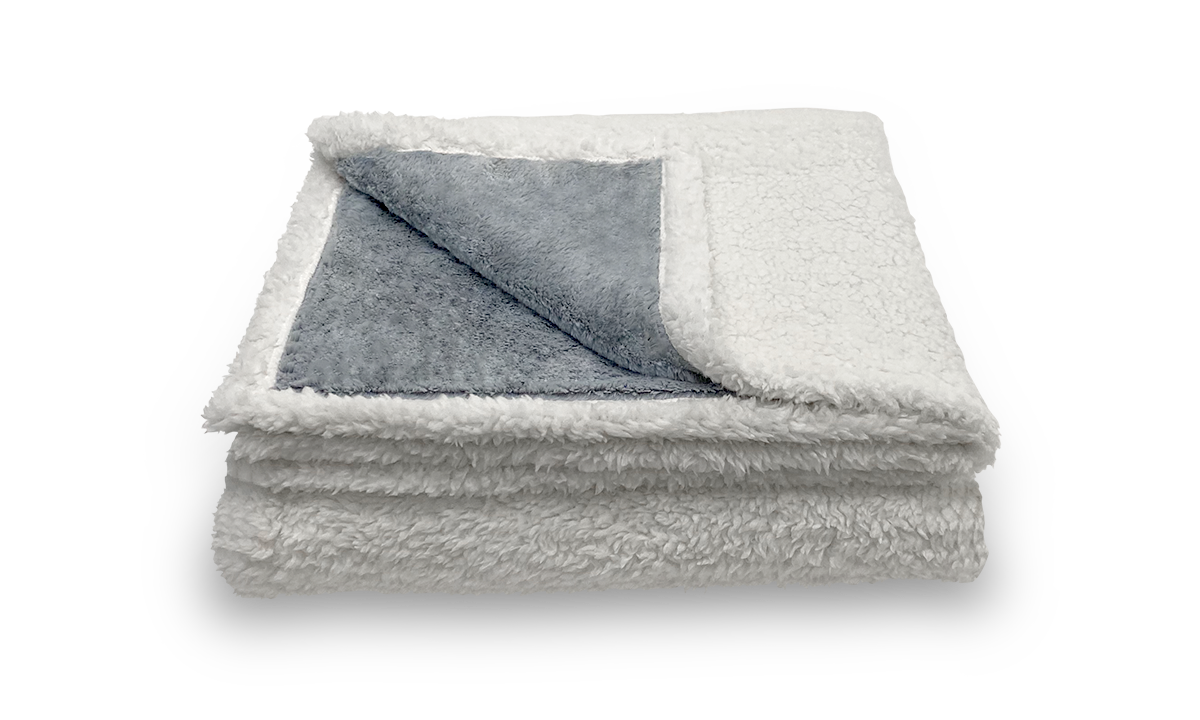Discovering a burnt smell coming from your blanket can be unsettling and may leave you wondering about the underlying cause. This blog will delve into the various reasons behind this issue, ranging from overheating during drying to the accumulation of dust and debris in your home's heating system. We will provide a detailed exploration of these potential causes to help you pinpoint the source of the problem.
Additionally, you will find practical solutions and preventive measures that can help you eliminate the burnt odor effectively and ensure it does not return. Whether it's through proper washing techniques, maintaining your heating appliances, or using the right bedding materials, our comprehensive guide aims to restore the fresh, clean scent of your blankets and enhance your overall comfort.
Why Does My Blanket Smell Burnt?
Overheating Issues
One common reason your blanket might smell burnt is due to overheating. This can occur if your blanket is left too close to a heat source, such as a heater, fireplace, or even a high-wattage bulb. The fibers in the blanket can start to scorch, resulting in a burnt smell.
Residual Chemicals from Manufacturing
New blankets may have residual chemicals from the manufacturing process that can emit a burnt odor when exposed to heat. These chemicals are often used during production and may not be completely removed before the blanket reaches you.
Material Degradation
Over time, the materials in your blanket can degrade, especially if it is made of synthetic fibers. When these fibers start to break down, they can emit a burnt smell, particularly when exposed to heat.
Why Does My Heated Blanket Smell Burnt?
Electrical Problems
If you use a heated blanket, electrical issues could be the culprit. Faulty wiring or an old, malfunctioning heating element can cause the blanket to overheat, leading to a burnt smell. Always check your heated blanket for any signs of wear and tear, such as exposed wires or damaged controls.
Improper Usage and Storage
Always follow the manufacturer’s instructions for using and storing your heated blanket. Improper usage or storage can damage the heating elements and wiring, leading to overheating.
Regular Cleaning
Keep your heated blanket clean by washing it according to the care instructions. Dirt and oils can accumulate over time, and when the blanket is turned on, these residues can produce a burnt smell.
Need for Replacement
If your heated blanket is old and frequently emits a burnt smell, it might be time to replace it. Over time, the heating elements and wiring can degrade, increasing the risk of malfunction and odors.
How to Get Rid of Burnt Smell from Your Blanket
A burnt smell on your blanket can be unpleasant and persistent, affecting your comfort and sleep quality. Addressing this issue promptly is crucial to restore the freshness of your bedding. Eliminating the burnt smell from your blanket involves several steps:
Thorough Cleaning
Start by thoroughly washing your blanket. Use a mild detergent and follow the care instructions. Adding a cup of white vinegar to the wash can help neutralize odors.
Baking Soda Treatment
After washing, sprinkle baking soda over the blanket and let it sit for a few hours. Baking soda is excellent at absorbing odors. Shake off the excess baking soda before using the blanket again.
Air Out Your Blanket
Hang your blanket outside on a sunny, breezy day. The fresh air and sunlight can help eliminate lingering smells and freshen up the fabric.
For a fresher sleeping environment, consider using a Puffy Mattress Protector. These protectors are easy to remove and wash, ensuring a clean sleeping surface and preventing odors from penetrating your mattress.
Preventing Burnt Smell in the Future
Regular Maintenance
Keep your blankets clean by washing them regularly. This prevents the buildup of dirt and oils that can produce odors when heated.
Proper Storage
Store your blankets in a cool, dry place. Avoid exposing them to high temperatures or direct sunlight, which can degrade the materials.
Use High-Quality Blankets
Invest in high-quality blankets made from natural fibers like cotton or wool. These materials are less likely to degrade and produce odors compared to synthetic fibers.
Using Puffy mattresses and accessories can enhance your sleep experience. The hypoallergenic and breathable materials help maintain a fresh sleeping environment, reducing the risk of unpleasant odors.
Conclusion
Dealing with a burnt smell in your blanket can be frustrating, but it’s usually a solvable problem. By understanding the cause and taking the appropriate steps, you can eliminate the odor and prevent it from returning. Regular maintenance, proper storage, and investing in high-quality blankets can make a big difference.

- Oeko-Tex® Standard 100 certified.
- Hypoallergenic.
- Lifetime warranty.
- 101-night sleep trial.
- Free shipping and returns.












